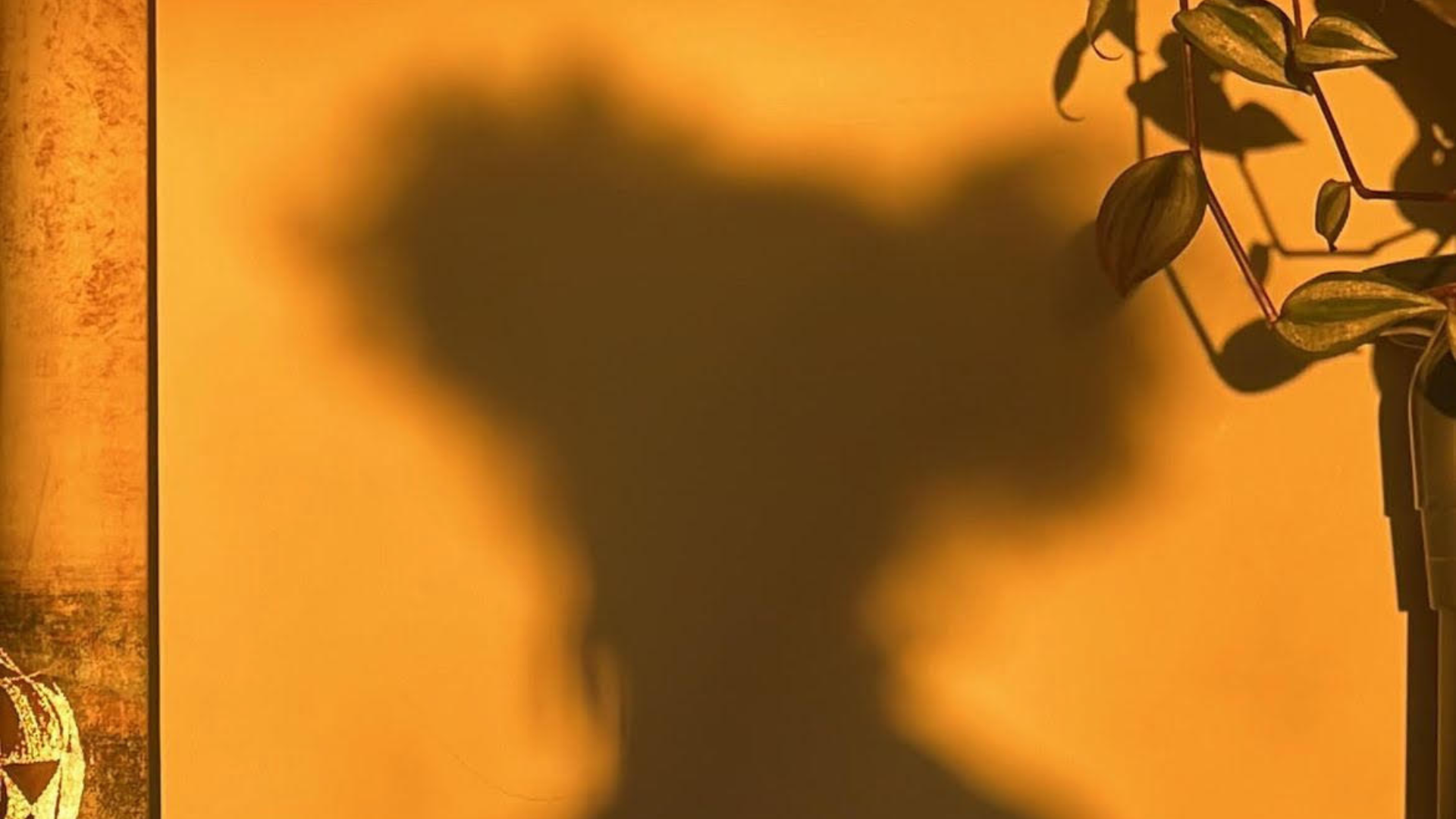
I sat and gazed around the room at this gathering of Justice Fellows, and I could feel the presence of our ancestors.
I’m 22 years of age, and I do not consider myself a hugely religious person, although I foresee that changing as time goes on. Right now, I feel more spiritual.
The faces I see tell me an array of stories and soon we will all take our turn in sharing ours. A room full of leaders who stand for justice. I am open and ready to listen.
The names Allah and Jesus begin to float around the room. Religion is central to the lives of most individuals here.
Eyes wide, I take it all in and try to understand or find a point of connection. I am not sure how I fit in here yet.
I am Jewish. I was born Jewish. There was not a moment like Jesus speaking to me or feeling Allah’s presence that led me to religion. I am Jewish even if I do not want to be. I am Jewish even if I am not religious. Even if I do not believe. The duality of being Jewish as a religious identity as well as an ethnicity has left me confuzzled since the age where I gained awareness of its uniqueness.
As someone who is Jewish in all respects, I find intentionally interreligious settings to be the cause of some sort of existential crisis. For example, at this moment, I can assume that those who are Muslim or Christian are present in part because of the significance of religion in their life.
I, on the other hand, have no such reason to be here. Religion is not central to my life. Art is central to my life. Art and also community, which is why I am here. And yet, my presence in the room and conversation as a non-religious Jew is equated to the presence of a religious Christian or Muslim…I think. Here goes the crisis.
I was raised going to Sunday School, but it has been years since I have regularly attended synagogue. I believe in God. My understanding of what that means differs greatly from the traditional view of a man in the sky. I believe that all are one and that everything is connected. When I say I am a Jew I am expressing my humanity, my history, my heritage. When I say I am Jewish I am remembering my foundation, my family, my faith.
When they tell their stories I am lost, confused, inspired, challenged, deterred, hopeful, curious. I still am not sure how I fit in here. Some stories resonate and some faces I am left searching. I realize I am looking for the story of we. What unites us? The triad of Christianity, Islam, and Judaism feels forced. We are not the same. We do not all approach life the same. I believe there is a common story between us but I do not think that it comes from our different religions.
I find my place in the room as a human who cares about the wellbeing of other humans and has the time to converse about it. Maybe Judaism brought me here, but I think we are all here because of each other and all we bring to this space. I look around the room again, sensing the different energies, smells, sights, and sounds that we have brought together and all the complex array of identities we each have.
I believe that our full humanity and community are more powerful than simply religion in uniting us. Religion can reveal our differences in perspective and background, differences that are present as much within as between. Yet, the uniting power of humanity is an acceptance and an appreciation of our diversity and intersectionality, religious and otherwise. Religion is one piece of who we each are; we relate best as full humans.
 Sarah Berns-Zieve is an artist and the founder & director of The Arts Collective and was a 2022-2023 ICJS Justice Leaders Fellow. Learn more about the ICJS programs for community and nonprofit leaders here.
Sarah Berns-Zieve is an artist and the founder & director of The Arts Collective and was a 2022-2023 ICJS Justice Leaders Fellow. Learn more about the ICJS programs for community and nonprofit leaders here.
Baltimore is part of a national conversation around questions of justice, race, and community. Members of the ICJS Justice Leaders Fellowship consider how Jewish, Christian, and Muslim teachings and practice can contribute to the public conversation about (in)justice. Opinions expressed in this blog are solely the author’s. ICJS welcomes a diversity of opinions and perspectives. We do not seek a single definition of justice between or within traditions.